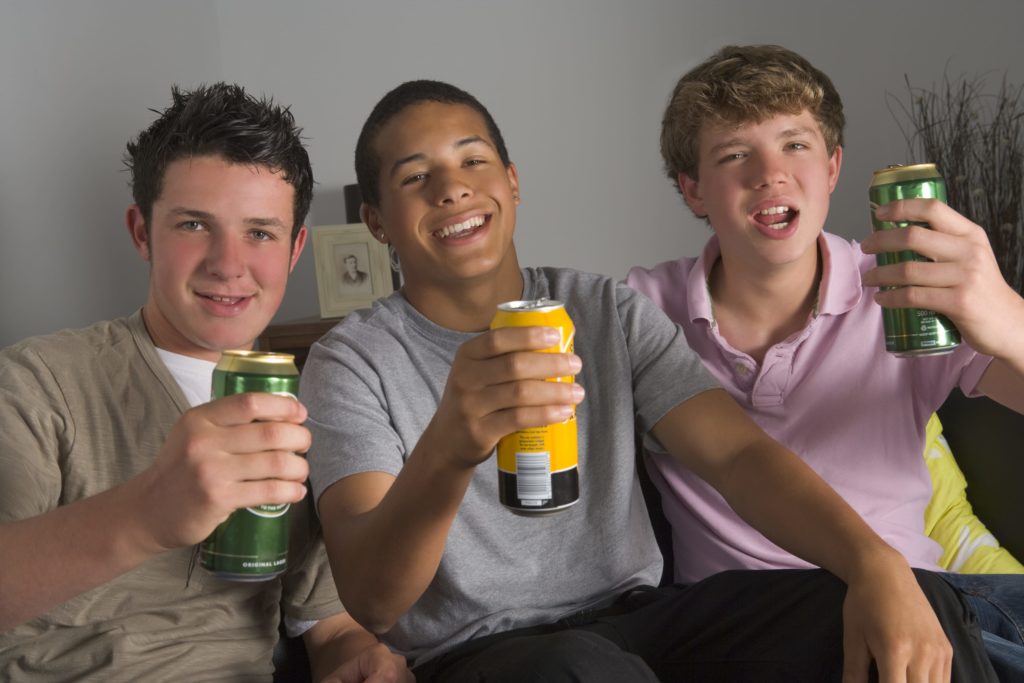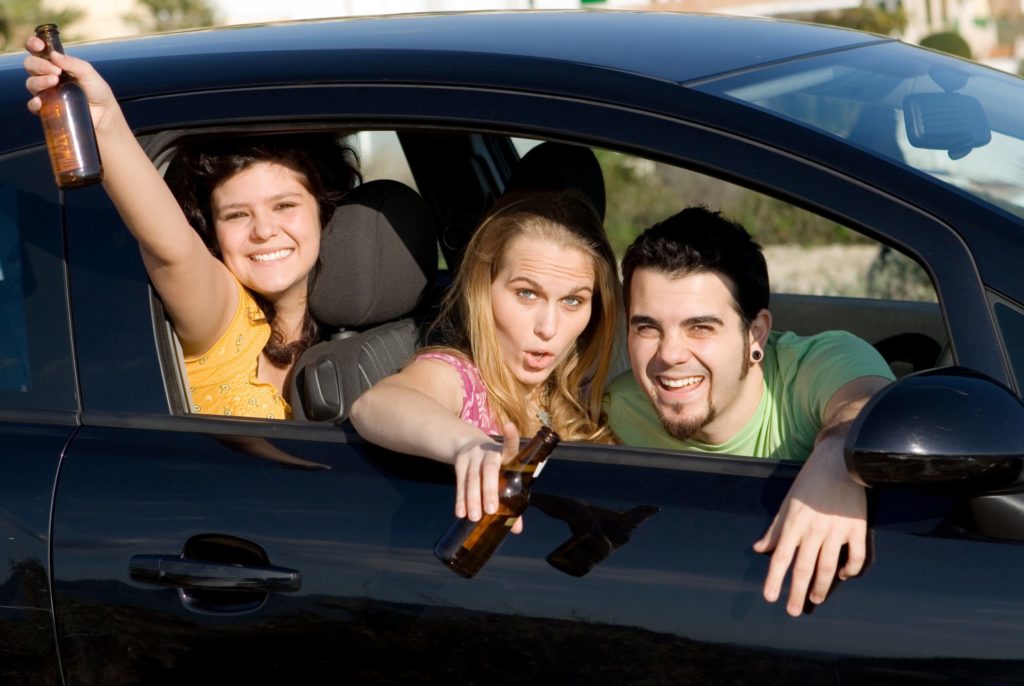Teens aged 15 to 17 who mix alcoholic beverages with energy drinks are four times more likely to meet the diagnostic criteria for substance use disorders, reports a new study from the Norris Cotton Cancer Center at Dartmouth College. Previous studies have also found that mixing energy drinks and alcohol is associated with a higher risk for various negative outcomes, such as binge drinking. However, these studies largely focused on undergraduate students at college and university. The Dartmouth study is the first to demonstrate that these results also hold true for high school-aged teenagers. The researchers looked at a national sample of 3,342 young adults ranging in age from 15 to 23. Of the young adults aged 15 to 17, 9.7 percent had consumed alcohol mixed with an energy drink at least once. These adolescents were much more likely to binge drink and to meet the criteria for an alcohol use disorder than adolescents who had tried alcohol but had never mixed it with an energy drink. Previous studies on the combination of energy drinks and alcohol have found that people who mix these two types of beverages were twice as likely to commit sexual assault, be victims of sexual assault or ride in a vehicle with someone under the influence of alcohol.
Understanding Teen Alcohol Abuse and Identifying Risk Factors
Identifying risk factors for teenage substance use disorders is an important part of the effort to reduce teenage alcohol abuse. Alcohol is by far the most commonly abused substance among adolescent and young adults. According to the National Institute on Alcohol Abuse and Alcoholism, approximately 14.2 percent of young adults binge drink, while around 3.7 percent are heavy drinkers. Around 190,000 underage drinkers end up in emergency rooms with alcohol-related injuries each year, while approximately 5,000 die each year from alcohol-related incidents that include car crashes, suicides, homicides, drownings, burns, falls and alcohol poisoning. Research also suggests that alcohol can negatively impact brain development in adolescents and young adults, whose brains are not fully mature until they reach their 20s.
Future Research Will Focus on Marketing
The Dartmouth team is planning future research into why the combination of energy drinks and alcohol is associated with alcohol use disorders. They will test the possibility that the way in which energy drinks are advertised contributes to this relationship, and if so, how. The marketing of energy drinks has already been a topic of research at the Norris Cotton Cancer Center. In a study published in the Journal of Nutrition Education Behavior, researchers found that energy drink manufacturers market their products most heavily on television networks that appeal to teens and have large teenage audiences. This is despite the fact that the American Academy of Pediatrics (AAP) has said that children and adolescents should not consume energy drinks. These products contain high quantities of caffeine, which has been found to negatively affect neurological and cardiovascular development in young people. In addition, the AAP has noted that children rarely require additional energy from stimulants and that these drinks contain large numbers of calories. Despite these concerns, the Centers for Disease Control and Prevention (CDC) reports that approximately 31 percent of adolescents aged 12 to 17 consume energy drinks. Another possible explanation for the risks associated with combining alcohol and energy drinks is that highly-caffeinated beverages can counter the depressant effect of alcohol. This could mean that teens enjoy the experience of drinking more when they add energy drinks or that they are able to consume more alcohol before they start to feel the negative effects when they are using energy drinks as mixers or chasers.






